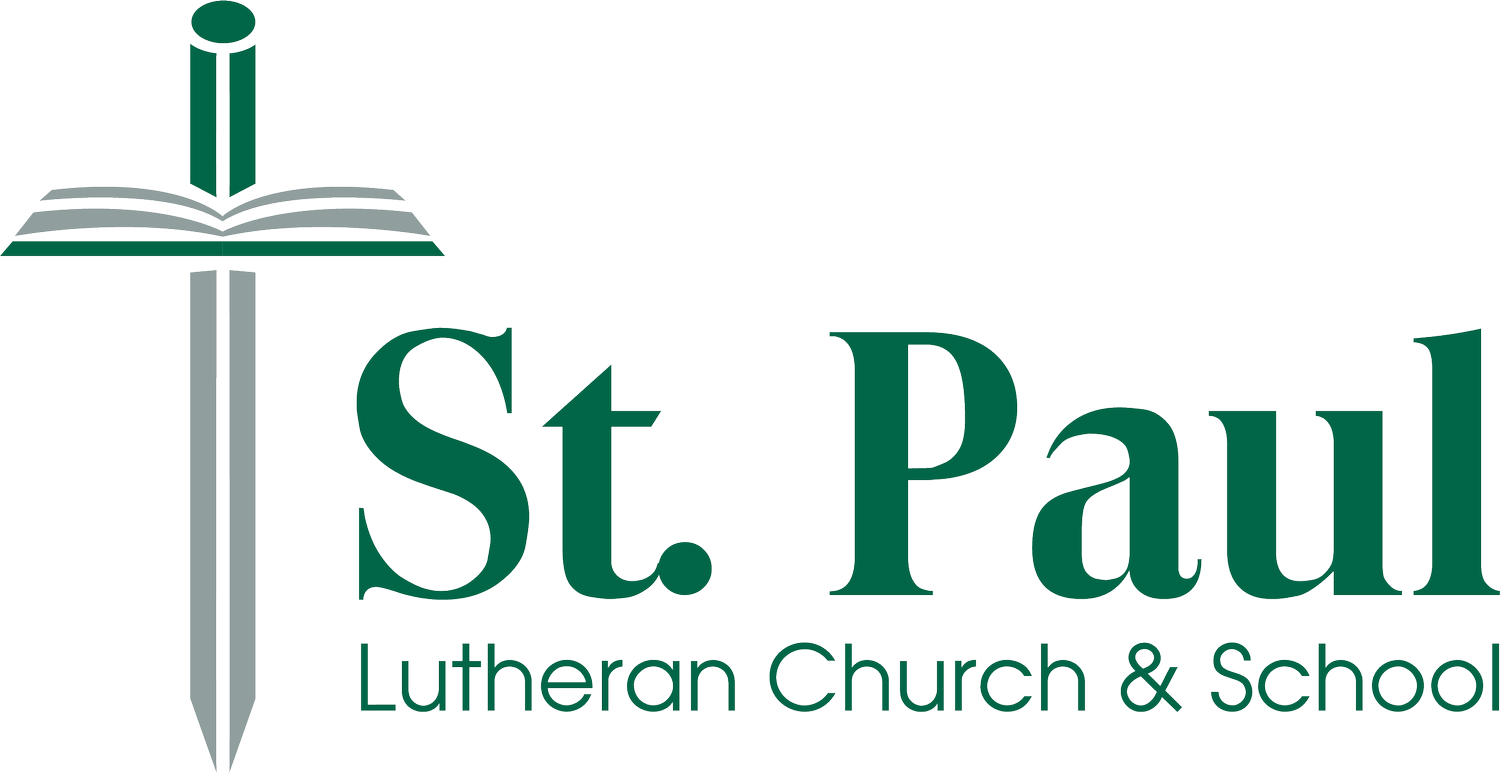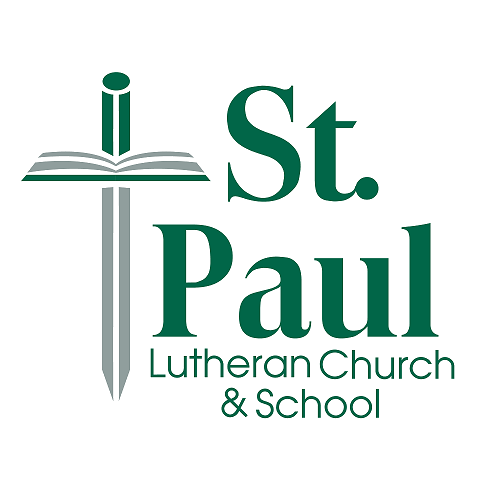The Good Shepherd Feeds Us
Our congregation is about to implement a program we think will be of great benefit both to our members individually and to our congregation as a whole. It is called The Peter Plan. The goal of The Peter Plan is simple—to better feed our members’ souls with God’s life-saving Word.
It is St. Peter who wrote, “Be shepherds of God’s flock that is under your care, watching over them…” (1 Peter 5:2). Peter compares the care a congregation gives its members to the care a shepherd gives to sheep. (The word “pastor” is simply Latin for “shepherd”.)
A shepherd’s job was two-fold. He would feed and protect the sheep. Those are both tasks that are done with God’s Word. God’s Word feeds our faith, sustaining it and making it stronger. And since our faith is in the gracious Lord of lords, nothing can really hurt us, not even death.
Peter had to encourage congregational leaders to “be shepherds.” It is a joyful task, but often a difficult task. Especially if the “flock” is decently sized, it is easy for sheep to slip away without being noticed. One of the biggest challenges in a congregation is keeping track of who is being fed with God’s Word.
It can be very difficult for a pastor or church leader to remember who is present on any given Sunday. It is impossible to remember everyone who has missed two or three Sundays in a row. Simply relying on memory, a congregation will not accurately know who has been fed by God’s Word and who has not.
This is not good. Imagine a member named Jim was not able to make it to any of our worship services because of a change in his work schedule. It is possible that Jim could be absent for months before someone realized, “I haven’t seen Jim in awhile.” Someone might say, “Well, Jim should have told the pastor he would be absent.” That is true. Part of the fault is on Jim.
However, Peter told a congregation to care for people like a shepherd cares for a sheep. That puts responsibility on the congregation too. The congregation would want to have a system in place so that it would notice when Jim was absent. That way someone could bring Jim devotions and the Lord’s Supper at a time that fit Jim’s work schedule until he could return to worship.
Or imagine a member named Cathy has minor surgery. However, there are complications. She heals slowly. Cathy has now been homebound for six weeks. She thought about calling the church, but she was afraid she was going to be a bother. “Be shepherds!” Peter says. The church would want a system in place to identify that Cathy had been absent, not only so it could continue to care for her spiritual needs, but also so it could provide assistance in her time of physical need. Perhaps some meals could be delivered, or someone could simply come by and visit.
Therefore, so that we might follow the divinely inspired encouragement of St. Peter, we are implementing The Peter Plan. The core of the plan is simple, and we’ve already been practicing it for some time. The friendship registers in each pew allow worshippers to record their presence. Having everyone who attends worship fill out the register is the first step in using The Peter Plan to help us care for one another.
The Peter Plan will allow us to know if someone has been absent for awhile. The first “checkpoint” would be four weeks of absence. At that time we would follow up on the member, simply to see if everything is okay. We can offer the Word and sacrament to that member in other ways if something is preventing them from attending worship. If there would be something else that is keeping a member from worship, it gives us a chance to discuss that with them too.
St. Peter says that the Good Shepherd wants to feed his sheep regularly. That is the good and godly goal of The Peter Plan.

